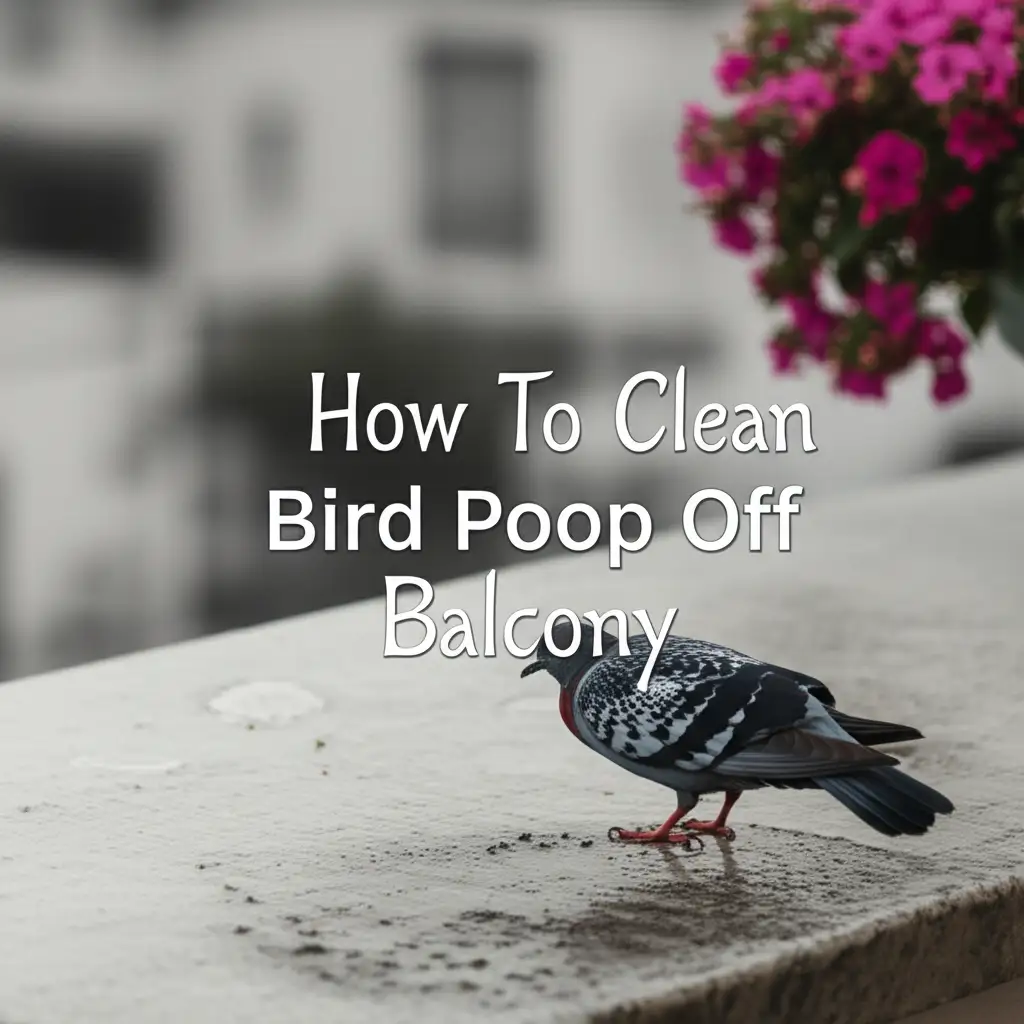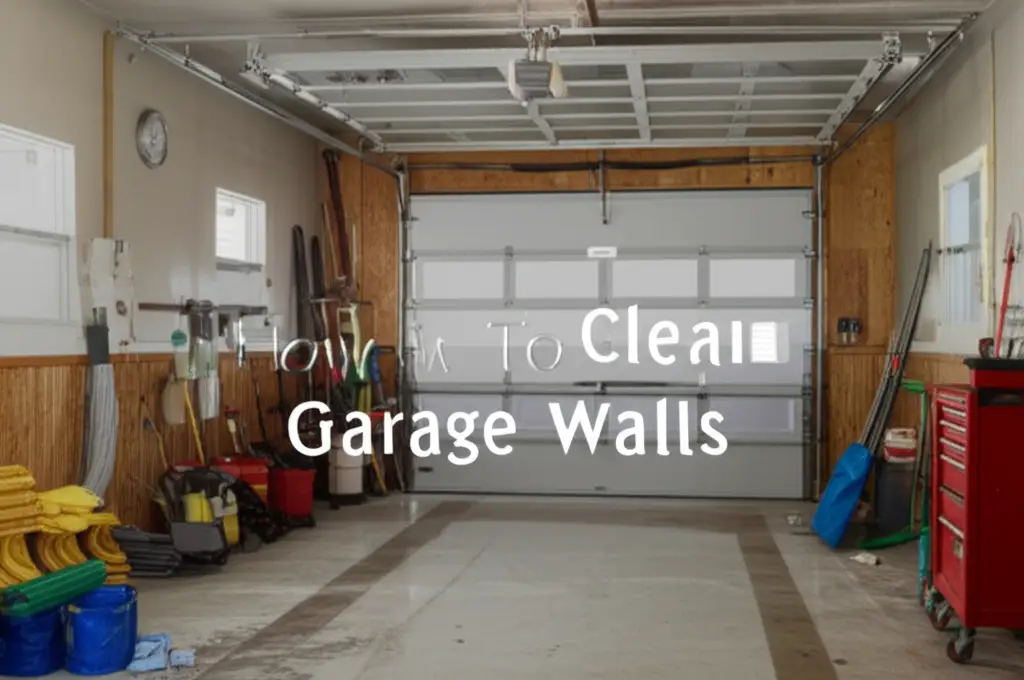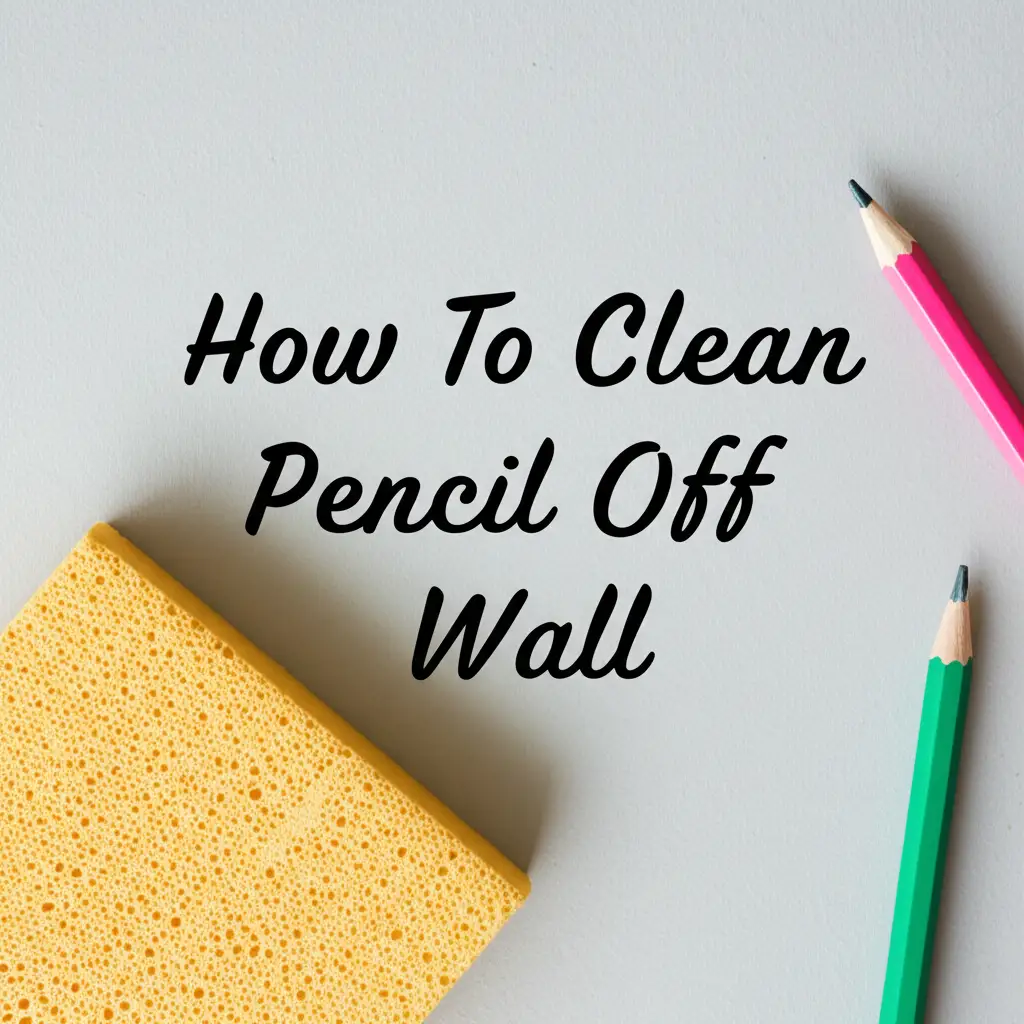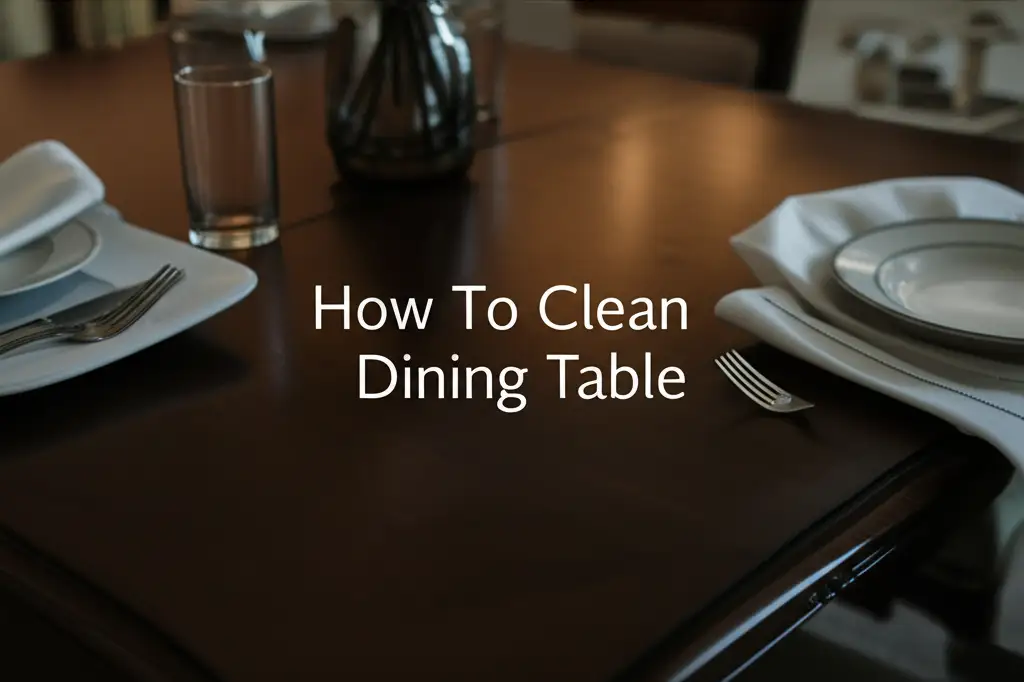· Home Cleaning · 15 min read
How To Clean Bird Poop Off Balcony

Clean Bird Poop Off Balcony: A Complete Guide
Stepping onto your balcony should feel relaxing, a fresh start to your day. But finding it covered in bird droppings can quickly ruin that peaceful feeling. Bird poop is not just unsightly; it can damage surfaces and pose health risks. It clings stubbornly, and its acidic nature eats away at finishes over time. Learning how to clean bird poop off your balcony effectively helps keep your outdoor space inviting and durable.
This guide provides a comprehensive approach to tackling bird messes. We will explore the reasons why immediate cleaning is important and list all necessary tools. You will find step-by-step instructions for both fresh and dried stains. We also cover natural cleaning solutions and tips for different balcony materials. Finally, we offer strategies to prevent birds from making your balcony their personal restroom. Get ready to reclaim your clean, beautiful balcony.
Takeaway
- Act Fast: Clean fresh bird poop quickly to prevent permanent stains and surface damage.
- Gather Tools: Use gloves, masks, a stiff brush, scraper, and appropriate cleaning solutions.
- Soak Dried Poop: Always pre-soak dried bird droppings to soften them before scraping.
- Choose Right Cleaner: Use mild soap, vinegar, or baking soda solutions for safe and effective cleaning.
- Protect Surfaces: Understand your balcony material to choose the correct cleaning method.
- Implement Prevention: Use deterrents like netting, reflective objects, or sound devices to keep birds away.
To clean bird poop off your balcony, first remove any loose debris. Then, use warm water and a mild dish soap solution to soften the droppings. Gently scrape away the softened poop with a plastic scraper. Finish by scrubbing the area with a stiff brush and rinsing thoroughly with clean water.
Why Immediate Balcony Bird Poop Cleaning Matters
Bird poop on your balcony is more than just an eyesore. It carries various health hazards. Bird droppings contain bacteria and fungi. These can cause respiratory problems or other infections in humans. Diseases like histoplasmosis or psittacosis are risks. You can inhale spores when dried droppings become airborne. This makes wearing a mask and gloves crucial during the cleaning process.
Beyond health concerns, bird poop damages your balcony surfaces. Bird droppings are highly acidic. This acid eats away at wood, concrete, metal, and painted finishes. Over time, it causes etching, discoloration, and corrosion. This leads to costly repairs if left unaddressed. For instance, acid can strip the sealant from concrete. It may also pit metal railings. Prompt cleaning protects your investment and maintains your balcony’s appearance.
Regularly removing bird droppings also prevents slip hazards. Fresh droppings are slick and slippery. They pose a fall risk, especially when wet. Dried droppings can become powdery. They then create a fine dust that settles on surfaces. This dust makes walking hazardous. Cleaning bird poop from your balcony keeps your outdoor area safer for everyone.
Moreover, a poop-covered balcony attracts more pests. Flies and other insects feed on bird droppings. This creates a secondary infestation problem. The lingering smell of droppings can also be unpleasant. It makes your balcony less enjoyable for relaxation or entertainment. A clean balcony is a happy balcony, free from these issues.
Essential Tools and Supplies for Cleaning Bird Poop
Before you start cleaning bird poop off your balcony, gather all your necessary tools and supplies. Having everything ready saves time and makes the process more efficient. Safety should always be your top priority when dealing with bird droppings. I always recommend wearing protective gear.
You will need a pair of sturdy rubber gloves to protect your hands from bacteria. A face mask is also essential to prevent inhaling airborne particles or dust. Safety glasses will shield your eyes from splashes or debris. These items form your basic protective kit. Do not skip them.
For cleaning solutions, start with a simple mixture. A bucket of warm water mixed with a few drops of mild dish soap works wonders. For tougher stains or larger areas, a garden hose with a spray nozzle is very helpful. Consider a plastic scraper or an old credit card to gently remove softened droppings. Avoid metal scrapers, as they can scratch delicate surfaces.
You also need a stiff-bristled brush or a scrub brush for scrubbing. An old broom works well for larger areas like a concrete balcony. Microfiber cloths or old towels are good for wiping and drying surfaces. For natural cleaning power, keep white vinegar and baking soda on hand. These are excellent for neutralizing odors and tackling stubborn stains. You can even create a powerful cleaning solution with them, similar to how to clean with vinegar and baking soda for other household tasks.
Finally, have a waste bag or bucket ready for easy disposal of the removed droppings. Having all these items organized beforehand ensures a smooth and effective cleaning operation. You will be ready to tackle any bird mess.
Step-by-Step Guide to Cleaning Fresh Bird Droppings
Cleaning fresh bird poop off your balcony is much easier than tackling dried stains. Acting quickly prevents the droppings from adhering strongly to the surface. It also minimizes potential damage. This prompt action saves you a lot of effort in the long run. Follow these simple steps for effective fresh poop removal.
First, put on your protective gear. This includes gloves, a mask, and safety glasses. This protects you from potential contaminants. Next, gently spray the fresh droppings with a garden hose or a spray bottle filled with plain water. You just need enough water to moisten the area. Do not blast it with high pressure.
Allow the water to sit for a minute or two. This helps to soften the fresh droppings. For small spots, you can simply wipe them away with a damp cloth or paper towel. For larger areas, you may need a gentle scrub. Use a soft brush or sponge. Apply minimal pressure to avoid spreading the mess.
Once the bulk of the poop is removed, apply a mild cleaning solution. Mix warm water with a squirt of dish soap in a bucket. Dip your scrub brush into this solution. Then, gently scrub the affected area. This helps to lift any remaining residue and clean the surface thoroughly. Be careful not to scrub too vigorously on delicate surfaces like wood or painted railings.
Finally, rinse the entire cleaned area thoroughly with clean water. Use your garden hose or a bucket of water. Ensure all soap residue is gone. Let the balcony air dry completely. This method is quick and effective for preventing stains from setting in. It leaves your balcony clean and fresh.
Tackling Stubborn, Dried Bird Poop Stains
Dried bird poop stains are far more challenging to remove than fresh ones. They adhere stubbornly to surfaces. Their acidic nature often leaves behind a tough residue or discoloration. But with the right approach, even the most persistent stains can be conquered. Patience is key here.
The first step is always to soften the dried droppings. Spray the affected area generously with warm water. You can also use a mixture of warm water and a capful of white vinegar. Let this solution soak for at least 10-15 minutes, or even longer for very old, crusty stains. The goal is to rehydrate the poop, making it pliable. This pre-soaking step is crucial.
Once softened, use a plastic scraper or an old credit card to carefully lift the bulk of the droppings. Angle the scraper slightly. Apply gentle, consistent pressure. Be careful not to gouge or scratch your balcony surface, especially on wood or delicate tiles. For particularly thick layers, you might need to re-soak and scrape in layers. This prevents damage to the surface beneath.
After removing the main mass, you will likely have a residual stain. Prepare a cleaning paste using baking soda and a small amount of water. Mix them until you get a thick, spreadable consistency. Apply this paste directly onto the remaining stains. Let it sit for another 5-10 minutes. Baking soda is a mild abrasive and helps to lift tough stains and neutralize odors. This is similar to how baking soda can clean other tough grime, like when you clean a bird bath with baking soda.
Finally, scrub the area with a stiff-bristled brush. Work in circular motions. Rinse thoroughly with clean water. For very deep stains, you might need to repeat the baking soda paste application. This multi-step approach effectively removes stubborn, dried bird poop. It restores your balcony’s appearance.
Natural Cleaning Solutions for Your Balcony
Opting for natural cleaning solutions is an excellent choice for your balcony. They are safer for you, your pets, and the environment. These solutions are also very effective at breaking down bird poop. You likely already have the ingredients in your pantry. This makes them convenient and budget-friendly.
White vinegar is a cleaning powerhouse. Its acetic acid content effectively breaks down the proteins and uric acid in bird droppings. To use it, mix equal parts white vinegar and water in a spray bottle. Spray the bird poop generously. Let it sit for 5-10 minutes. The longer it soaks, the easier the poop will lift. Afterward, scrub with a stiff brush and rinse with clean water. Vinegar also helps to neutralize lingering odors, leaving a fresh scent. For surfaces like concrete, a stronger vinegar solution can be very effective, much like how to clean bird poop off concrete.
Baking soda is another versatile natural cleaner. It acts as a mild abrasive, which helps to scrub away stubborn stains without scratching surfaces. It is also excellent at absorbing odors. For dried or tough stains, create a paste by mixing baking soda with a small amount of water. Apply this paste directly onto the bird poop. Let it sit for 15-20 minutes. Then, scrub with a brush and rinse thoroughly. This method is particularly useful for delicate surfaces where strong scrubbing might cause damage.
Lemon juice is another natural acid that can help. While not as strong as vinegar, it has a pleasant scent. Mix lemon juice with water for a mild cleaning spray. It is good for lighter stains or for a final refreshing wipe down. Always test any natural solution on an inconspicuous area first, especially on porous materials or colored surfaces, to ensure it does not cause discoloration. Combining these natural options makes cleaning effective and eco-friendly.
Cleaning Different Balcony Surfaces
Balconies come in a variety of materials. Each requires a slightly different approach to cleaning bird poop. Understanding your balcony’s surface is crucial. This prevents damage and ensures effective cleaning. Applying the wrong method can cause permanent marks or wear.
Concrete Balconies: Concrete is durable but porous. Bird poop can sink into its surface.
- Method: Start by soaking the droppings with water or a vinegar-water solution. Let it sit for 15-20 minutes. Use a stiff-bristled brush to scrub. For deeply embedded stains, a pressure washer on a low setting can be very effective. Always keep the nozzle moving to avoid etching the concrete. Rinse thoroughly. This is similar to the general steps for cleaning tough stains on any concrete surface.
Wood Decks and Balconies: Wood is beautiful but more sensitive. Acidic bird droppings can strip sealants and stain the wood.
- Method: Use warm water and a mild dish soap solution. Avoid harsh chemicals or stiff brushes, as they can scratch or damage the wood grain. A soft-bristled brush or an old cloth works best. Gently scrub the softened poop. Rinse thoroughly with a garden hose on a low setting. Ensure the wood dries completely to prevent mold or warping. For more detailed wood cleaning, refer to guides on how to clean bird poop off a deck which often applies to wooden balconies too.
Tile and Stone Balconies: Tiles are generally easy to clean. However, grout lines can trap stains.
- Method: Soak the poop with warm water or a vinegar-water solution. Use a soft brush or sponge on the tile surface. For grout lines, a small scrub brush or even an old toothbrush can effectively clean embedded grime. Rinse well. Be mindful of porous stone like travertine, which might react to acidic cleaners. Always test a small area first.
Glass Railings and Surfaces: Glass shows every smudge and streak. Bird poop is very noticeable.
- Method: Spray the droppings with a mixture of warm water and a few drops of dish soap. Let it soak for a minute. Gently wipe with a soft cloth or paper towel. For streaks, follow up with a glass cleaner or a vinegar-water solution and a microfiber cloth. Avoid abrasive scrubbers that could scratch the glass.
Metal Railings: Metal can corrode if bird poop is left for too long.
- Method: Use warm, soapy water and a soft cloth or sponge. Wipe down the railings. For stubborn spots, a non-abrasive scrub pad can be used gently. Rinse and dry completely to prevent rust, especially on iron or steel. For painted metal, be gentle to avoid chipping the paint.
By tailoring your cleaning method to your balcony’s material, you ensure an effective clean. This also protects your outdoor space from damage.
Preventing Bird Poop on Your Balcony
Cleaning bird poop off your balcony is effective, but preventing it is even better. Birds visit your balcony for specific reasons. They seek food, water, shelter, or a resting spot. Addressing these attractions can significantly reduce their presence. There are several humane and effective deterrents available.
One common reason birds perch is for shelter or to build nests. Inspect your balcony for any appealing spots. This includes ledges, eaves, or potted plants that offer cover. Block off potential nesting sites with netting or wire mesh. This makes the area less inviting for birds to settle. I find that a physical barrier is often the most reliable solution.
Make your balcony less appealing for landing. Install bird spikes on railings, ledges, and other favorite perching spots. These spikes do not harm birds. They simply make it uncomfortable for them to land. Alternatively, you can use sloped surfaces or anti-roosting gels. These prevent birds from getting a secure grip. These methods create a less hospitable environment for birds.
Visual deterrents can also be very effective. Birds are wary of anything that looks like a predator or a sudden flash. Hang old CDs, reflective tape, or Mylar balloons around your balcony. The movement and reflections scare birds away. Wind chimes or small bells can also create noise that birds dislike. Change the location of these items periodically. This prevents birds from getting used to them.
Electronic deterrents, like ultrasonic bird repellers, emit sounds. These sounds are often inaudible to humans but irritating to birds. Consider these if other methods fail. However, their effectiveness can vary. Ensure you choose a model designed for outdoor use and one that won’t disturb your neighbors.
Finally, eliminate food and water sources. Do not leave pet food or crumbs on your balcony. If you have a bird feeder, move it away from the balcony area. Ensure there are no standing puddles of water. Empty bird baths or pet water bowls when not in use. Regular cleaning and consistent deterrence are key. They will help you maintain a clean, poop-free balcony for longer periods.
FAQ Section
Q1: Is bird poop dangerous to clean? A1: Yes, bird poop can be dangerous. It contains bacteria, fungi, and parasites. These can cause respiratory illnesses like histoplasmosis if inhaled. Always wear protective gear. Use gloves, a mask, and eye protection when cleaning bird droppings. Avoid dry sweeping to prevent airborne particles.
Q2: What is the best homemade solution for bird poop? A2: A simple and effective homemade solution is a mixture of equal parts white vinegar and warm water. For tougher stains, a paste made from baking soda and a small amount of water works well. These natural ingredients break down the acidic droppings and help neutralize odors.
Q3: How do I remove old, dried bird poop stains? A3: To remove old, dried bird poop, you must rehydrate it first. Spray the stain generously with warm water or a vinegar-water solution. Let it soak for 10-15 minutes to soften. Then, gently scrape away the softened poop with a plastic scraper. Scrub any remaining residue with a brush and rinse.
Q4: How can I prevent birds from pooping on my balcony? A4: You can prevent birds by making your balcony less inviting. Install bird spikes on railings, hang reflective deterrents like old CDs or Mylar tape, or use netting to block access. Remove any food or water sources. Regularly clean your balcony to remove any lingering scents that might attract birds.
Q5: Will bird poop damage my balcony surface permanently? A5: Bird poop is highly acidic and can cause permanent damage if left uncleaned. It can etch concrete, stain wood, corrode metal, and strip sealants. Prompt cleaning minimizes this damage. Regular maintenance protects your balcony’s appearance and structural integrity over time.
Q6: Can I use a pressure washer to clean bird poop? A6: Yes, you can use a pressure washer for durable surfaces like concrete. Use it on a low to medium setting to avoid damage. Keep the nozzle moving constantly. For softer surfaces like wood or painted railings, pressure washing is not recommended as it can cause significant damage.
Conclusion
Keeping your balcony clean from bird poop ensures it remains a pleasant and safe outdoor space. We explored the immediate need for cleaning, highlighting health risks and potential surface damage. Gathering the right tools and protective gear, like gloves and masks, is crucial for your safety. From tackling fresh splatters with simple soap and water to conquering stubborn, dried stains with a baking soda paste, you now have the methods. Natural solutions like vinegar offer effective and eco-friendly alternatives for a spotless finish.
Remember to tailor your cleaning approach to your balcony’s specific material, whether it is concrete, wood, tile, or glass. Each surface requires care to prevent damage during cleaning. Most importantly, implementing preventative measures significantly reduces future messes. By making your balcony less appealing to birds through deterrents and removing attractions, you keep it cleaner for longer. Reclaim your balcony as a serene sanctuary, free from unwanted droppings. Enjoy your refreshed and inviting outdoor living area.
- bird poop cleaning
- balcony cleaning
- outdoor cleaning tips
- stain removal
- home maintenance




